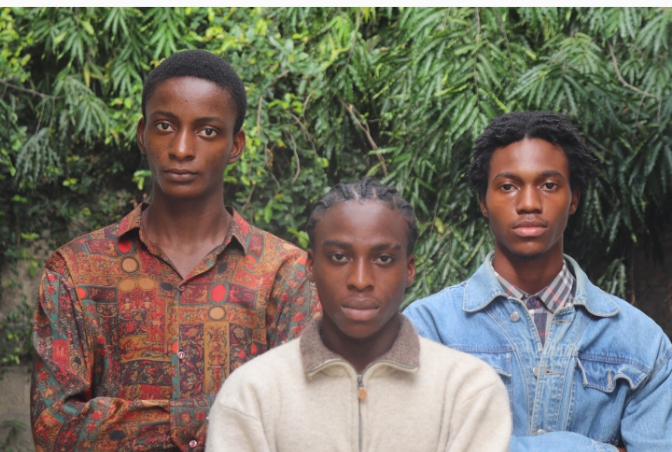A new generation of Nigerian environmental changemakers has earned global recognition for their groundbreaking ideas to tackle climate and conservation challenges.
From pioneering AI-driven forest monitoring to turning household waste into community resources, Nigerian youth stood out at the 2025 Slingshot Challenge, a global competition presented by the National Geographic Society and the Paul G. Allen Family Foundation.
Now in its third year, the Slingshot Challenge called on youth between the ages of 13 and 18 to submit one-minute videos proposing solutions to environmental issues affecting their communities. Out of 2,700 submissions from over 5,700 participants across 96 countries, 15 winners were selected — including three teams from Nigeria, highlighting the country’s rising profile in youth-led environmental innovation.
Nigeria’s standout project, Reforest AI, developed by Bright Attai, Blessed Pepple, and Lesley John Jumbo, received one of the Top Honors Awards — the highest recognition in the competition — along with a $10,000 grant. Their initiative uses artificial intelligence to detect illegal logging and monitor forest health, offering a scalable, tech-based solution to Nigeria’s deforestation crisis.
Their success puts Nigeria on the map alongside young innovators from the United States, Ecuador, and Bahrain who also received Top Honors for projects tackling wildfires, e-waste, and biodiversity loss.
Other Nigerian teams also made waves in the Distinguished Achievement and Significant Achievement categories: Faruk Salisu, Abdullahi Ibn-Ishaq, and Faisal Sa’id received a Distinguished Achievement Award and $5,000 for Fueling Trees Using Biogas.
The trio created a working prototype of a biogas digester using affordable, locally sourced materials to provide clean energy while promoting tree planting. Their goal: reduce firewood dependency in their community and raise awareness about biogas as a sustainable alternative.
Naomi Inwe, from Ajegunle, Lagos, was honoured with a Significant Achievement Award and $1,000 for her project Trash to Treasure. Naomi’s initiative equips youth with upcycling skills through workshops and community clean-ups, helping tackle plastic pollution while creating eco-conscious livelihoods.
These Nigerian projects not only addressed urgent environmental challenges but also offered replicable models for other communities across the continent.
Organisers say the Slingshot Challenge aims to empower young people with the mindset and skills to become lifelong environmental problem-solvers.
“The creativity and passion we’ve seen from this year’s Slingshot Challenge participants is nothing short of inspiring,” said Deborah Grayson, the Society’s chief education officer.
“These young innovators are not only identifying urgent environmental issues in their own communities, but they’re also developing tangible, thoughtful solutions to address them. The Slingshot Challenge is about enabling the next generation of changemakers, and this year’s awardees give us great hope for the future of conservation.”
According to a post-event survey, participants reported a 25% increase in belief that they can make a difference, and a 15% increase in taking action on environmental issues — proof that the challenge is sparking real-world change.
Awardees, including the Nigerian winners, will be celebrated at the upcoming National Geographic Explorers Festival in June, where they will connect with scientists, storytellers, and other changemakers. Two additional awards — the Explorer Connection Award and the People’s Choice Award — will also be announced at the event. The latter is open to public voting until May 31, 2025.
Nigeria’s strong performance at this year’s Slingshot Challenge sends a powerful message: the country’s youth are ready to lead on climate action. With rising environmental pressures — from deforestation to pollution — these young innovators are not waiting for change. They are creating it.















